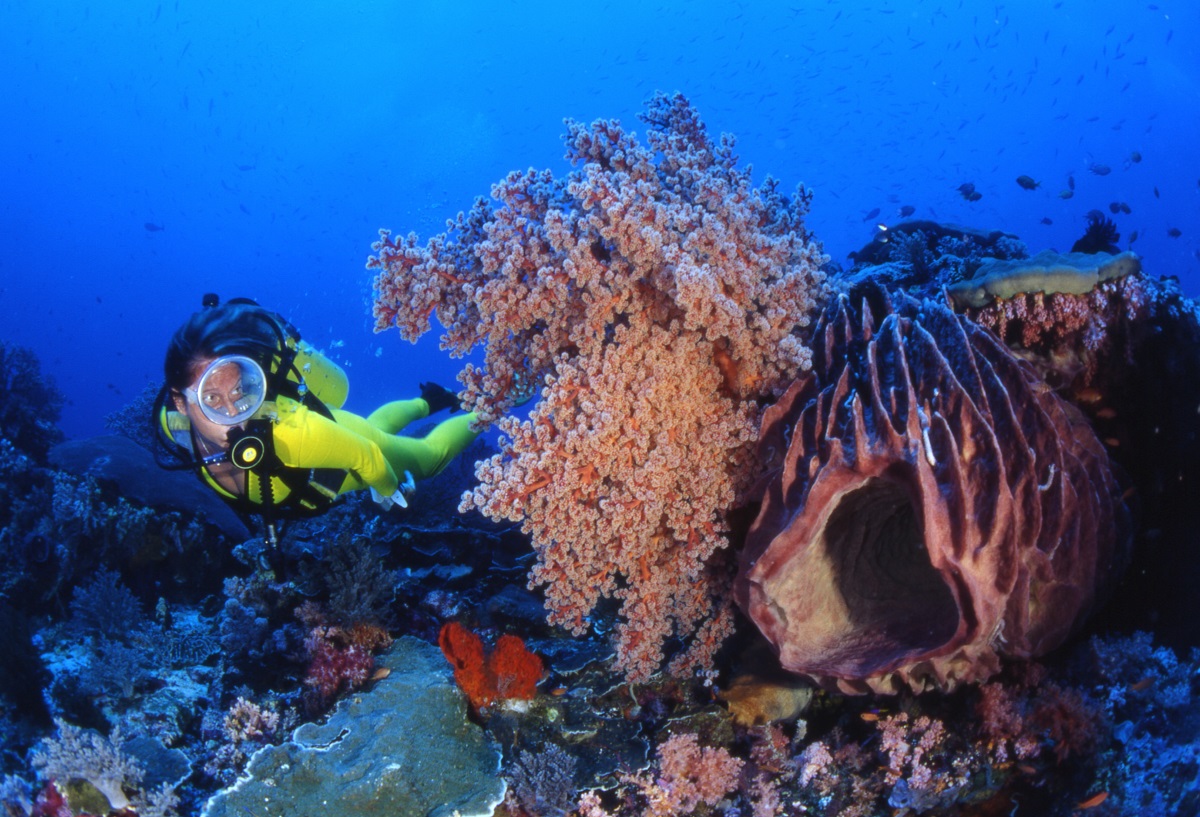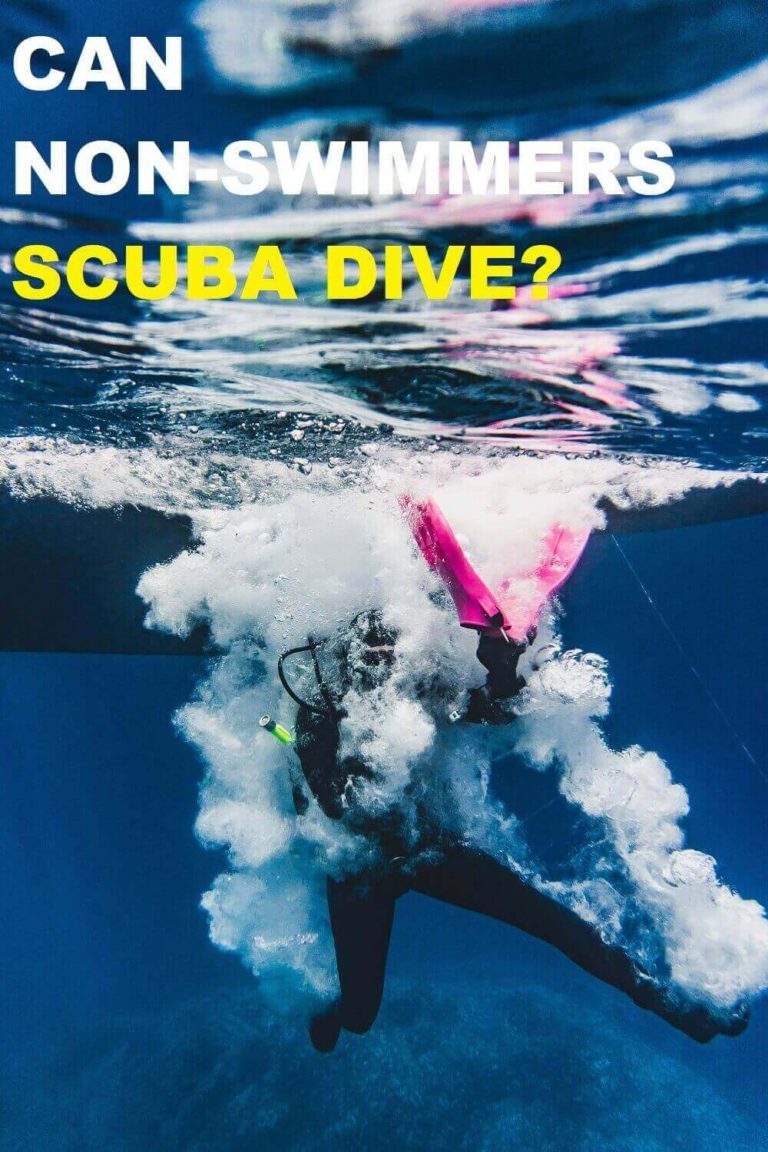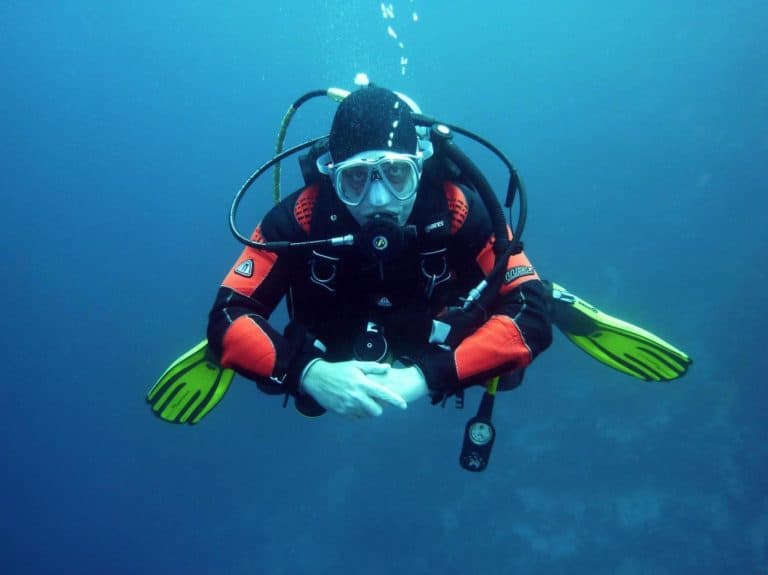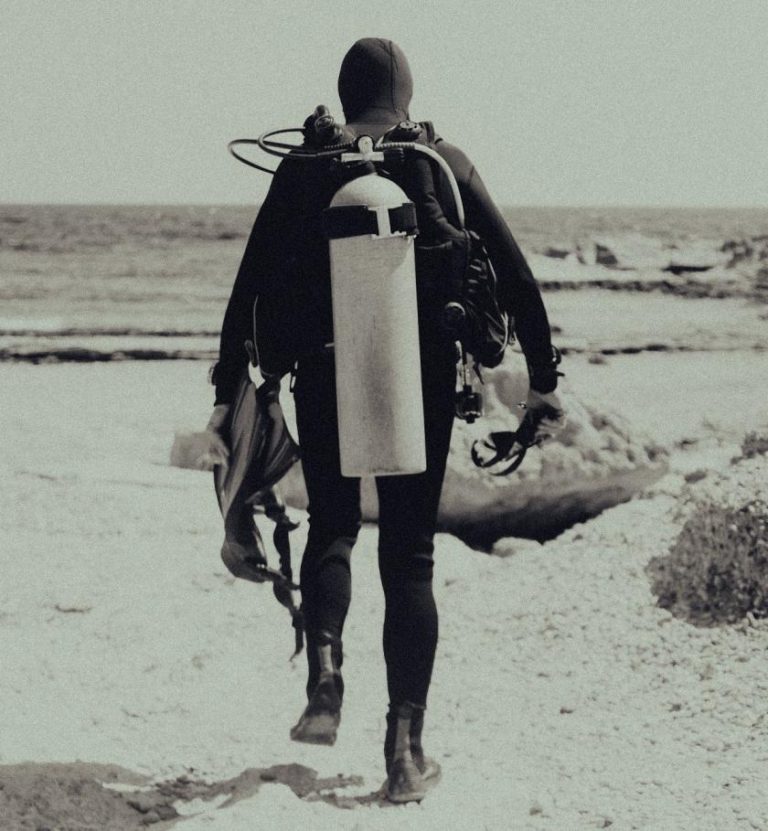How to Prepare For Your First Scuba Diving Trip
You’ve just completed your scuba diving classes and are excited about the first diving trip. The excitement can be overwhelming and also prevent you from preparing adequately.
In this article, we’ll go over all the necessary details to help you prepare for your first scuba diving trip and many more ahead.
Having the right scuba diving skill is important, but it’s also very important to prepare your body and mind for this experience.
Preparation starts days before the actual dive date and extends to a few hours or minutes before diving in.
Without wasting more time, let’s get into it.
I felt inspired by my recent trip to Hawaii, where I went scuba diving for the first time. So here’s Trainer Bryan diving in the oceans of the Alola region.
How many different #Pokemon can y’all spot? :3 pic.twitter.com/Gzgz4TlGXx
— Craig T. Crocodile (@CraigTheCroc) September 27, 2021
Get Your Open Water Diver Certification
If you are already planning a dive trip, it’s correct to say you have the necessary certification.
Depending on your location and diving agency, you may require to show proof that you are actually qualified to dive.
Since this isn’t an introductory dive lesson, divers should have the skills and knowledge needed in scuba diving.
Don’t worry, you don’t have to be an expert you are free to ask questions when not sure what to do next.
It’s also important to have your travel and diving insurance in order. Having all these documents in order will ensure a seamless experience.
Divers without certification can take Discover Scuba Diving lessons. This equips you with the basic skills and knowledge.
It’s important to keep in mind that you will still need an instructor with you if you are not certified and the travel insurance won’t cover you while scuba diving.
Prepare Your Body For Diving
Physical fitness is very important among divers. The body has to be in its best shape to withstand the temperature and pressure changes.
Energy is required to carry diving equipment and to help you while diving.
Don’t go diving if you feel sick, just recovered from an illness or surgery, have a cold or have congestion.
Give the body some Tim to fully recover and restore normal functioning. Going diving immediately after recovery could make you feel sick again and you also lack enough energy.
Divers can participate in aerobic activities, gym training, running, yoga, or any other form of exercise they’ve been engaging in.
There is no one specific activity you should be doing. The main idea is to stay healthy and physically fit.
In addition, ensure that you are eating healthy meals. To stay physically fit, a healthy and balanced diet goes hand in hand.
In a recent article, I discussed foods and snacks to eat before diving. Just click on the link to read more here on my site.
🤿 Try dive season is well underway! Can you remember your first time scuba diving? How did you find it?
🙌 Good luck to all those trying it for the first time and to all our clubs organising the sessions! #divewithus pic.twitter.com/1CiPqQiRot
— British Sub-Aqua Club (@BSACdivers) September 30, 2021
Pick A Reputable Dive Center Or Agency
It’s very important to dive with certified instructors, resorts, or centers. The experience is much better and nothing is left to chance.
You can relax knowing you have an experienced instructor with you and they also have all the equipment you need for the dive in good condition.
Always conduct thorough research before booking and planning your dive. There are many reviews and ratings available online.
Research The Dive Spot
If it’s your first time diving in a particular spot or region, research before making solid plans.
Is the water very cold or warm, are there sharks in the area. Gather all this information as it will help you make the correct decisions.
If the water is very cold, you will want to get diving booties, a hoodie, or pack your thickest wetsuit.
This will help keep you warm while diving.
Having this information will also help you pack the right clothes for the rest of your trip.
Went snorkeling and scuba diving for the first time in my life! It was awesome!! 🤿🐠#illustration #procreate #digitalart #イラスト pic.twitter.com/pJ2cWwkCbk
— sunny☀️ (@coffeerain11) December 22, 2021
Pack Right
While packing for your trip, take time to pack your diving gear and equipment if you own any.
Many diving centers have a rental shop where you can get the diving gear and equipment. Many beginners haven’t started investing in the gear at this point so don’t worry.
If you already own the gear or part of it make sure you pack it correctly. Make a packing list if you must
Some of the essentials everyone should at least own include;
- A mouth piece
- A pair of travel fins
- Diving booties
- Scuba diving fins especially if you have very small feet
- First aid kit
- Motion sickness medication if you need it
Divers with small feet have a hard time finding fins that fit them perfectly. If you fall in this category it’s best to invest in a pair of travel fins, this will save you a lot of headaches and disappointments.
You could also invest in thick diving booties, this way you can at least fit in the smallest fins available at the rental shop.
A mouthpiece is necessary for sanitary reasons. Rash guards are also important especially if you have sensitive skin.
All other diving equipment is available for rent at the dive center so remember to carry some cash or a card for payments.
Listen To The Dive Instructor
On the D-day, you will receive a briefing before the dive. Pay close attention to what the instructor is saying.
Ask questions, there is no silly question in diving. Don’t leave anything to chance and don’t be ashamed to ask anything.
Triple Check And Test Your Diving Gear
By now you’ve already rented the gear from the rental shop.
Triple check everything from the air cylinders to the straps on your fins. Make sure everything is in good shape.
If the wetsuit doesn’t have a snug fit or has open seams or broken zippers, replace it before diving.
Many beginners have some challenges, especially with the equipment. Some don’t know what they should be checking or what is acceptable or not.
Ask your dive instructor to double-check it for you. Make sure the regulators work properly, the air cylinder valves are tight, and everything else.
Similarly, if you have your own gear and equipment double and triple check it too. Ensure everything is working properly and you have enough air for the dive.
Check On Your Diving Team Or Buddies
Every first-time diver must have a dive buddy or a team. Never go diving alone at any point.
Even the advanced divers have diving buddies. The buddy system is encouraged as you’ll have someone looking out for you at all times.
Unless you are a certified solo diver. Don’t go diving alone.
Check if your buddies are prepared, have a chat get to know each other if it’s your first time meeting. Laugh about something silly.
READ MORE: is it illegal to scuba dive alone?
Avoid Alcohol And Drugs Before The Dive
Avoid extreme partying and drinking the night before. This will leave you with bad hangovers and fatigue.
Alcohol and drugs may still remain in your body many hours later affecting your judgment while diving.
Always get enough rest before diving. Save the partying for after the dive.
Dive Within Your Limits
To avoid diving injuries, running out of air, or drowning dive within your limits.
In diving, there are diving levels and each requires training. In your first time diving, you are only prepared to dive within 30 ft.
Avoid the temptation to go cave or wreck diving. You could run out of air while deep underwater. This will also increase your chances of decompression sickness. In an attempt to dive deeper with minimal gas you end up making uninformed decisions such as making quick ascents.
Stay Close To Your Buddy Or Team
The underwater world is very fascinating and you can easily get tempted to explore further.
Avoid drifting away from your team always stay within range.
The dive guide or instructor may need to check the air gauge to determine if you can go exploring further. If you are far from the group this is impossible.
Master Underwater Communication Signs
Divers communicate using hand signals, especially in recreational scuba diving.
In advanced and technical diving, advanced means of communication are used.
Always pay attention to your team and most importantly the dive instructor.
First time scuba diving in 7 years. I forgot how elated you feel after a dive. Life is good. pic.twitter.com/WesyZZJY3K
— Michael Krehan (@EboMike) October 5, 2021
Don’t Hold Your Breath
Avoid holding your breath while diving especially when ascending.
Air held in the lungs will expand as pressure changes and could result in lungs rapturing.
Practice normal breathing while diving, descending, or ascending.
Incas your equipment fails while diving, making it hard for you to breathe, let your guide know immediately. Don’t rush to ascend to gasp some air, this is very risky and will result in injury.
Practice Clearing Your Ears While On Land
Equalizing is very important while scuba diving. You can start practicing early before the dive.
If you have trouble equalizing during the descent it’s wise to cancel the dive.
Don’t force yourself or assume it will just clear once you are underwater. This could result in rapturing of the eardrum and middle ear damage.
Some ways to equalize include, moving the jaws left to right, pinching the nose slightly, and breathing slowly through the nostrils. Try chewing gum before thee dive.
Plan You Dive And Dive The Plan
A very common saying among divers.
If you plan on doing multiple dives a dive plan is very important. There are diving limits, and decompression time among man other factors to consider.
Avoid spontaneous dives especially when there is a plan in place. This will help you avoid decompression sickness and other diving injuries.
Following dive tables or computers is important and should be respected.
First time scuba diving today, just wow! 🤿 It’s a different world under the water, such a enriching experience! If you’re in Phi Phi you must try it!
.#holiday #thailand #phiphisland #kohphiphi #phuket #islandlife #ScubaDiving #holidaymodeon #Diving pic.twitter.com/k9fmyuvi02— Marius Nazare (@mariusnazare) December 15, 2021
Let Your Dive Instructor Know Of Any Health Issues
If you have anxiety, fear of sharks, or fear of being underwater, let your dive instructor know beforehand.
This way the instructor knows to pay more close attention to you during the dive.
Many divers enjoy scuba diving even with anxiety, and phobias among other conditions.
In some cases, you may need to get clearance from your physician to go diving.
If you have preexisting cardiovascular conditions you must seek your doctor’s advice first. Heart attacks do happen to divers and can be fatal when scuba diving.
Not to scare anyone, scuba diving is safe.
Did you know chances of dying on your way to scuba diving are higher than when actually scuba diving? Now you know!!
READ MORE: Is Scuba Diving Scary
Enjoy Your Dive
Last but not least, relax and enjoy the dive. The underwater world is truly spectacular.
Enjoy the views, the feeling, and the overall experience.
Don’t touch anything underwater no matter how beautiful or pet worthy it seems. Don’t pet the fish or other marine animals.
Simply enjoy the surroundings and take a video or photos using your underwater camera.
If you don’t have a camera, no worries, carry the memories with you.







